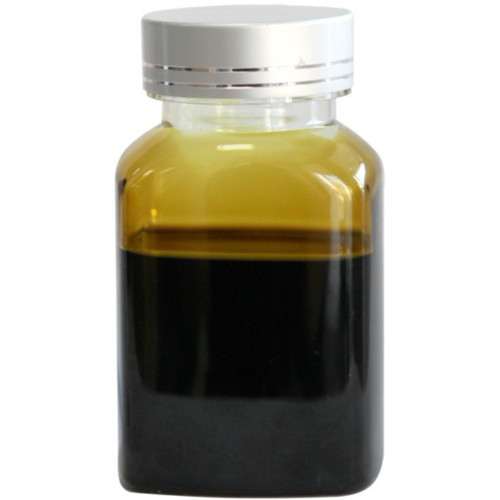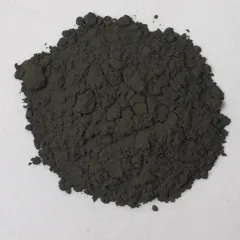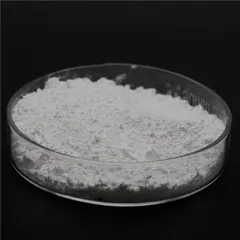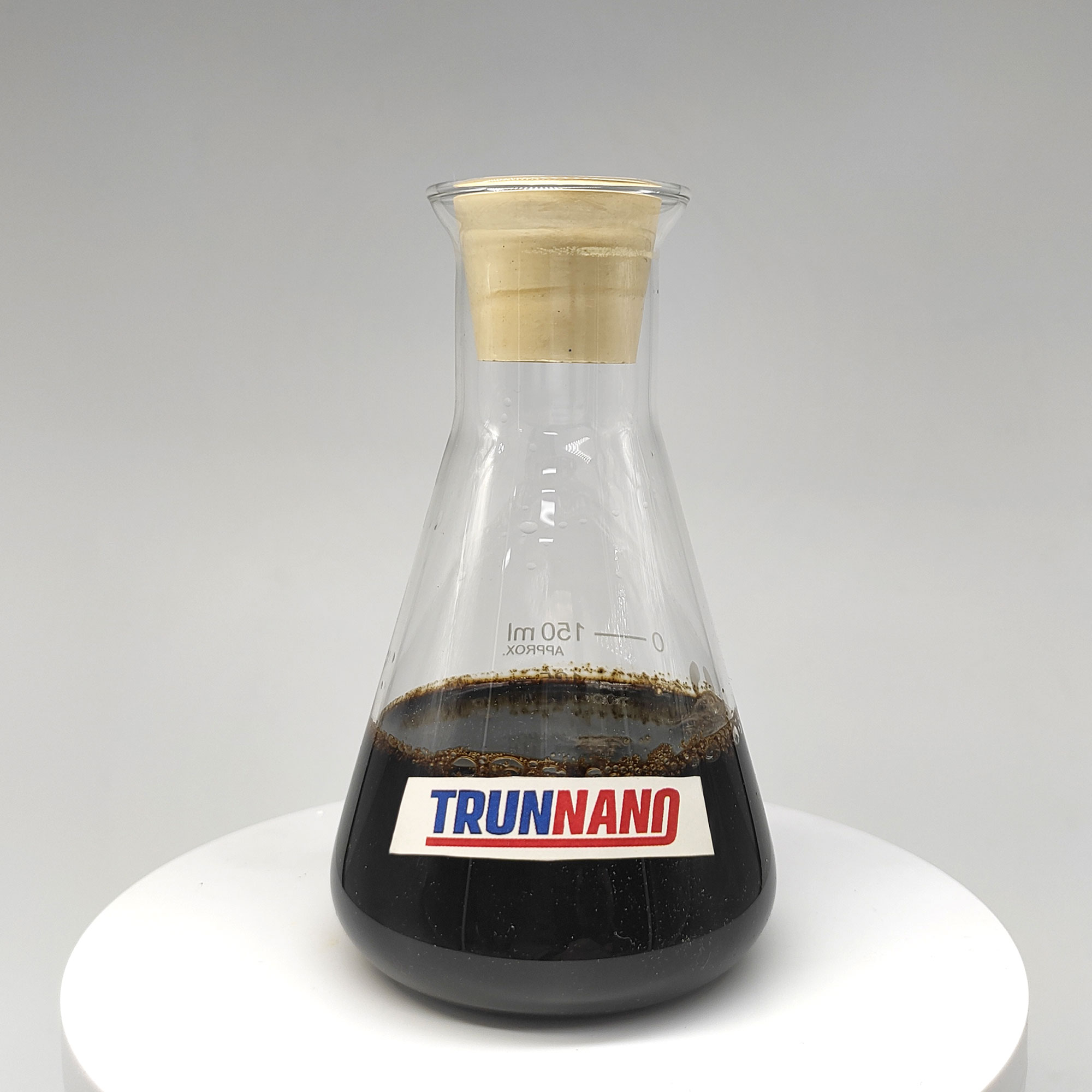Introduction
(Technical Parameters of Powdered Instant Sodium Silicate (CAS 1344-09-8))
With the expanding worldwide focus on environmental protection and sustainable advancement, salt silicate, additionally known as water glass or moisturized salt metasilicate, is obtaining boosting focus in numerous industrial sectors because of its wide variety of applications. Salt silicate plays an important role not only in markets such as building and construction and papermaking but additionally in detergent production. In recent years, standard phosphate-based cleaning agent ingredients like sodium tripolyphosphate (STPP) have actually been eliminated because of their severe impact on water high quality. As a result, there is an immediate requirement to find efficient and environmentally friendly options. In this context, salt silicate has actually gotten substantial attention because of its one-of-a-kind efficiency benefits.
Introduction of Sodium Silicate
Sodium silicate is a substance created from silicon dioxide (SiO ₂) and salt oxide (Na ₂ O), with a chemical formula usually stood for as Na ₂ O · nSiO ₂. Depending upon the value of n, it can be identified into different types. Sodium silicate exhibits outstanding solubility, high pH, and exceptional cleaning power, making it an excellent detergent additive. Past its usage in cleaning agents, salt silicate is commonly applied in the building industry as a waterproofing product and sealer; in the paper sector, it boosts paper stamina and level of smoothness; and it likewise plays vital duties in textile dyeing, oil extraction, and various other areas.
Manufacturing Process of Salt Silicate
The production procedure of salt silicate entails several crucial steps:
1. Basic Material Preparation: Utilizing moisturized salt metasilicate (or quartz sand) and caustic soda as base products.
2. Dissolution Stage: Blending the raw products and heating them to an ideal temperature level to promote dissolution, making sure all parts are fully integrated.
3. Crystallization Treatment: Managing problems to create details crystal frameworks, which needs exact law of temperature and pressure.
4. Filtering and Splitting Up: Making use of a plate and structure filter press to remove excess water and contaminations, guaranteeing item purity.
5. Drying and Forming: Employing spray drying out modern technology to additionally decrease the wetness material of the product, inevitably developing a powdered final product that is easy to shop and transportation.
Cost-Benefit Evaluation
From an economic viewpoint, the manufacturing of salt silicate uses significant cost benefits. For a production range of 5,000 tons per year, the price evaluation is as follows:
1. Variable Expenses: Approximately $346.71 per lot, mostly consisting of basic materials (hydrated sodium metasilicate/quartz sand + caustic soft drink), energy consumption (electrical power + fuel), and labor costs.
2. Fixed Costs: Concerning $141,400 each year, covering devaluation and maintenance of fixed assets, monitoring charges, loan rate of interest, and various other expenditures.
3. Overall Cost: After detailed factor to consider, the estimated price per ton of completed product is approximately $385.71.
4. Sales Profits: With an approximated asking price of 642.86 perton, aprofitmarginofabout642.86 perton, aprofitmarginofabout257.15 per ton can be achieved.
5. Economic Conveniences: The yearly output value can reach 3,214,300, contributingapproximately3,214,300, contributingapproximately1,285,700 in tax income.
This cost-benefit analysis shows that sodium silicate not just has significant technical benefits yet additionally high economic expediency. For makers, investing in the production and promo of salt silicate can generate significant economic returns while boosting the business’s social duty picture.
Market Prospects
1. Global Market Need
Global manufacturing of artificial detergents is constantly growing, specifically with the increasing proportion of ultra-concentrated powders. It is approximated that a minimum of 230,000 tons of salt silicate were needed in 2000 alone to satisfy market need. Currently, worldwide salt silicate manufacturing is limited, leading to a considerable supply-demand void, suggesting substantial growth potential. As international consumers’ need for high-grade living increases, the need for environmentally friendly detergents will certainly additionally grow, thus broadening the marketplace for sodium silicate.
2. International Competitiveness
Compared to a lot of worldwide competitors, Chinese-produced salt silicate not just offers a clear rate benefit yet additionally keeps premium quality, making it extremely affordable in export markets. For example, the FOB rate of sodium silicate products in the USA is about $51.15 per 100 pounds, while European prices are even greater. This suggests that Chinese-produced salt silicate has strong competitiveness in the international market. With continuous technical advancement and quality improvement, Chinese-produced sodium silicate is positioned to catch a larger share of the worldwide market.
( sodium silicate)
Verdict
In recap, sodium silicate, with its superior technological efficiency and lower production costs, reveals fantastic prospective in changing traditional phosphate-based additives. Despite significantly strict ecological policies and customers’ quest of top notch living, increasing the research and industrialization of sodium silicate will most certainly come to be a vital factor in driving the upgrading of the worldwide cleaning agent market. For investors, entering this area not only aids boost the company’s social responsibility image however also brings significant financial returns and social advantages. With technological innovations and increasing markets, the application prospects of sodium silicate are extremely wide, making it a beneficial location for expedition and advancement by appropriate business and study institutions.
High-grade Salt Silicate provider
TRUNNANO is a supplier of Sodium Silicate Materials with over 12 years of experience in nano-building energy conservation and nanotechnology development. It accepts payment via Credit Card, T/T, West Union and Paypal. Trunnano will ship the goods to customers overseas through FedEx, DHL, by air, or by sea. If you want to know more about sodium silicate in water treatment, please feel free to contact us and send an inquiry(sales5@nanotrun.com).
All articles and pictures are from the Internet. If there are any copyright issues, please contact us in time to delete.
Inquiry us














